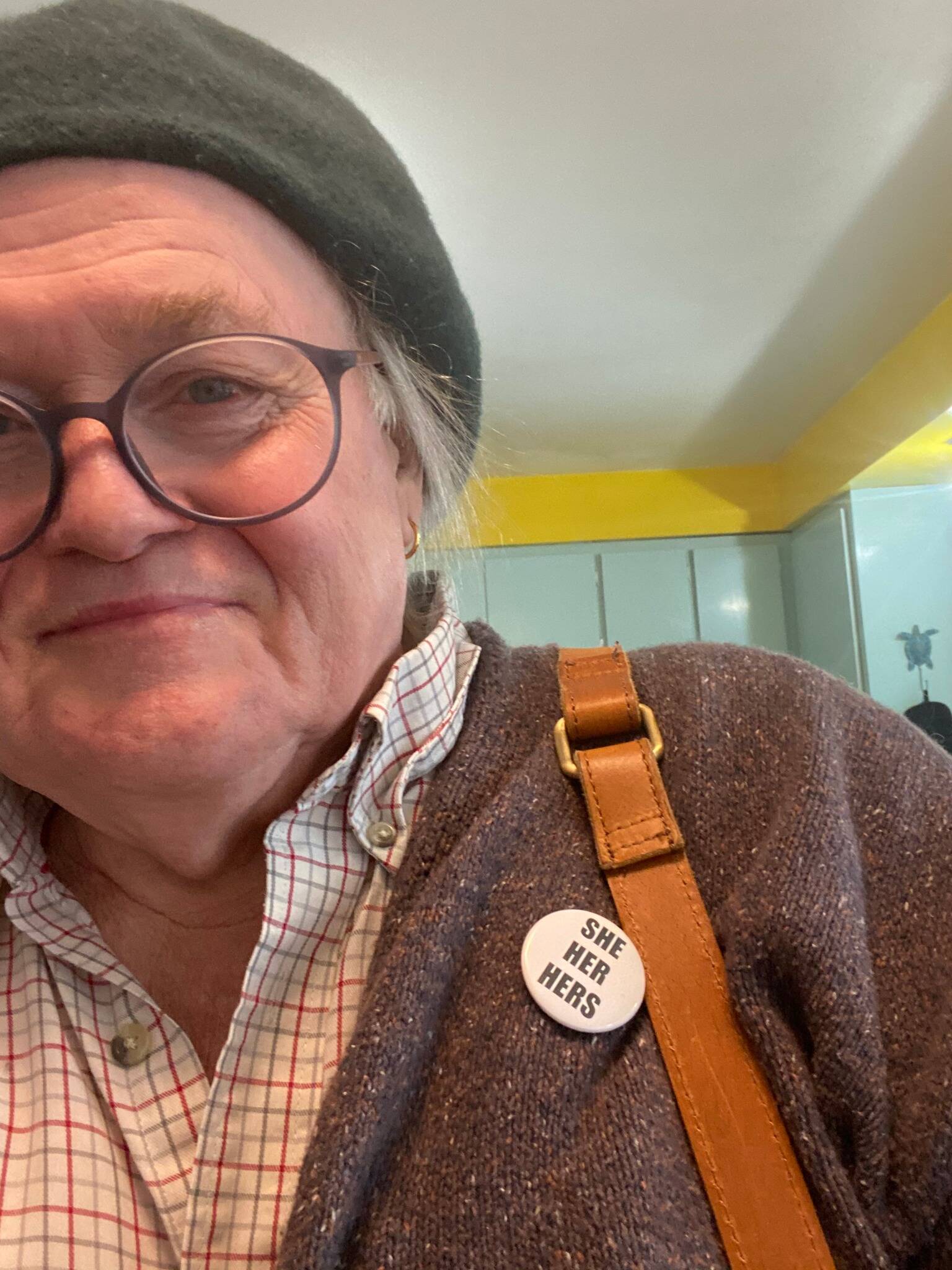That’s how the story goes
Can’t put it down ‘til the last page. –Neil Young
I’ve never cared much for the so-called “Serenity Prayer.” You know the one:
Grant me the serenity to accept the things I cannot change, the courage to change the things I can, and the wisdom to know the difference.
It seems too facile, too glib. How do we achieve that stasis that the prayer asks for–and why? How do we know what we can change and what we can’t, except by continually putting things to the test? What’s the difference between serenity and capitulation?
We old people are supposed to become serene, maturity giving us the wisdom of experience. But we all know that’s a myth. Wisdom is as uncommon among old people as it is among the young. But convention has it that we old folks have achieved some stability and are ready to just sit our serene asses down in that old rocking chair on the porch and be good little old people.
I prefer an imperative from the Jewish book of ethics, Pirkei Avot: “You are not obligated to finish the work [of repairing a broken world], but neither are you free to desist from it.” And as the authors remind us, the day is short and the labor vast.
That’s the story of Moses: leading our people out of Egypt, the old guy spends 40 years crossing the desert, and luck o’ the Irish, he dies just as the Promised Land finally comes into sight. But he never gave up, and right up to the end “his eyes were undimmed and his vigor unabated.”
That’s why Johnny Negotiable plays so much punk music on his KRNN radio show. I’m not going quietly. After some 60 years of cranking up the Rock & Roll, I’m surprised my ears aren’t already shot.
[Coming Out: Swimming to Hell]
I imagine some think it pretty bizarre that I’m doing this trans dance at 69. That’s certainly the way I think of it: bizarre. That’s the fun of it. Eyes undimmed, vigor unabated, ears unshot, I’m still trying to reach my own Promised Land, still exploring that mystery of mysteries: myself.
In my all-time favorite book, the late 4th-century Confessions, Saint Augustine writes “I do not comprehend all that I am. The mind is too narrow to contain itself.” (It’s no coincidence that Augustine, a master of style, uses this same metaphor to describe the mind’s inability to comprehend God, that other mystery of mysteries.)
Gender can seem like one of those unchangeable things we need to accept with serenity. Just shut up and swallow. But gender is itself largely a myth, a story, a construction, defined by culture, perpetuated by convention, weaponized by politics. Contemporary conversations about gender offer us a long overdue attempt to deconstruct the myth and see all the ways we construe gender that are baseless and harmful, the products of our culture’s deep misogyny and sexism.
For lack of better words, these long stirrings that I am now openly exploring I call “feminine” and “effeminate” –words loaded with misogyny, distinguishing as womanly (i.e., unmanly) qualities we all share, men and women alike, or demeaning those qualities that may indeed be unique to women.
In last week’s New York Times, John McWhorter offers a lesson in etymology to show how our culture has turned words for women into reflections of men (“‘Woman’ and ‘Female’ Didn’t Start as Words about Men,” July 1. 2022.)
Everything ends up being about men. The whole culture, language and all, seems like one big patriarchal facade. Sometimes, I think we need to tear down the whole damn thing and start over.
And that’s what I’m doing, starting with myself: tearing down the facade that was Jim Hale, trying to reimagine myself, rename myself, present myself the way I feel. You won’t find me changed from him you knew, as Robert Frost says: “only more sure of all I thought was true.”
Feminine. Effeminate. Adjectives I’m happy to take. They stand for qualities I’m happy to celebrate in myself.
These noises I’m making are the harmonies and cacophonies of a persistently restless self–not the stasis of serenity, but the vibrations of an ethereal but real music, alive in time for one show only, a moving, an interacting, a relating to. Actually, I think that’s the soul: an engagement with the world that happens in us moment by moment–or not at all.
I’m not going gentle into that good night. This is my rage, and it feels lovely. It feels a lot like the self I’ve always been. Nothing’s changed, really, I still have the same old concerns. I have fears, I have desires, I have bills.
But everything’s changing.
Here in my seventieth year, I’m finding new music in my voice, new texture to my thoughts, and poetry in how the wordless world at my fingertips feels to the touch.
To hell with serenity.
• Jane Hale spent her first 69 years writing as Jim. She is a longtime Juneau resident. “Coming Out” is a biweekly column. It appears on the Empire’s Neighbors page.

